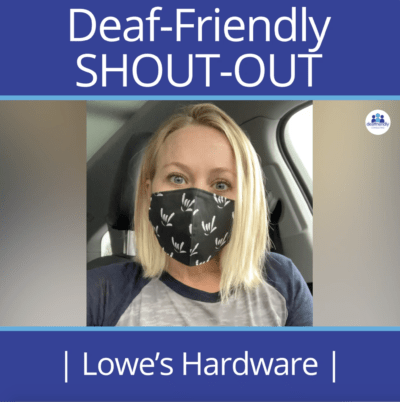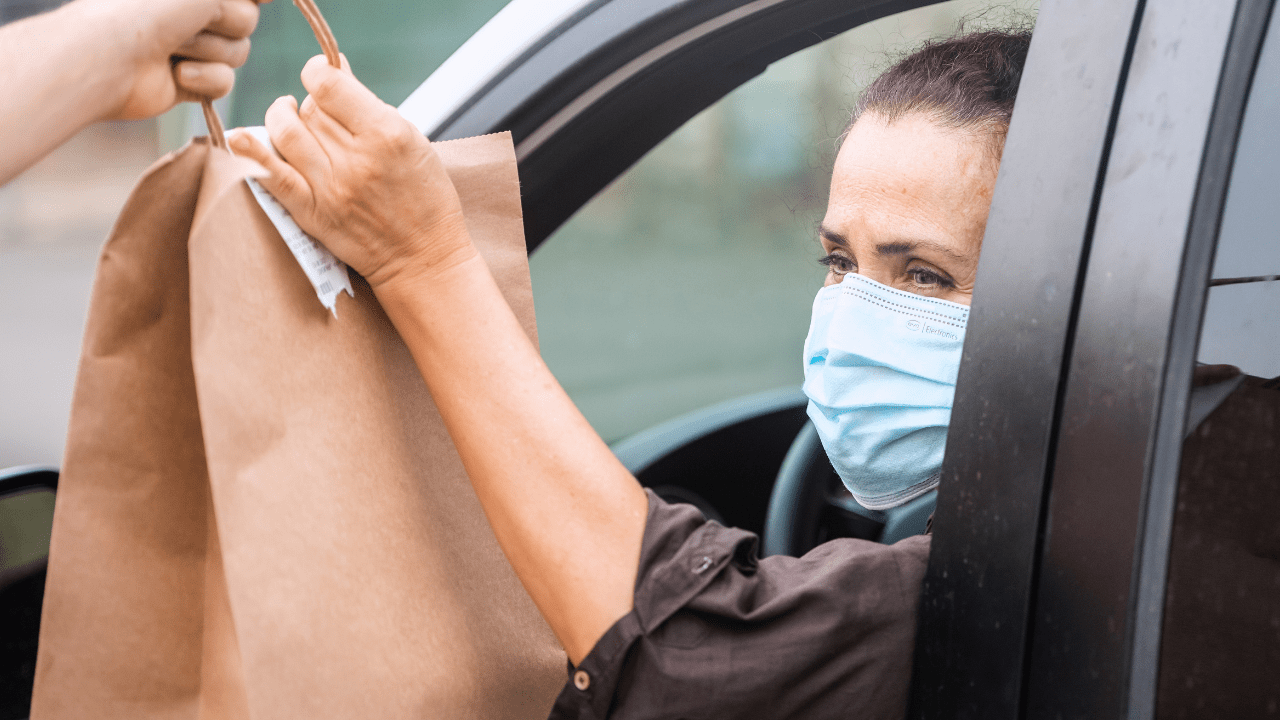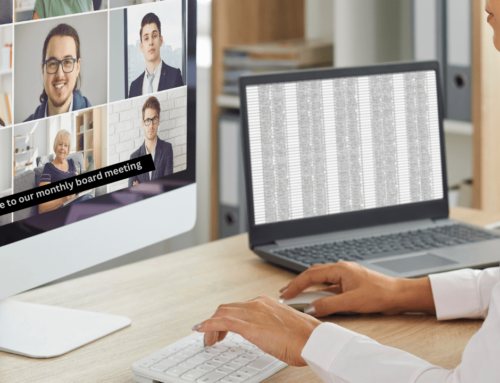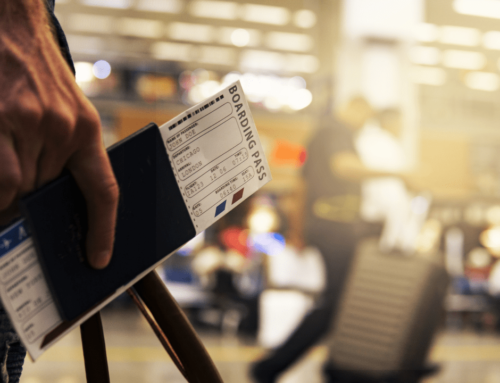“Curbside pickup” is one of the many buzzwords 2020 has given us. But unlike roller skate soda fountains and drive-through cinemas, it is likely to stay.
Once both major businesses and mom-and-pop retailers implemented this service to curb (pun intended) the spread of COVID-19, it became clear: curbside pickup is an example of universal design that benefits more customers.
Deaf and hard of hearing shoppers are an especially appreciative demographic. While many of us hadn’t experienced contactless service pre-2020, certain businesses have been offering it years before the global pandemic hit: Applebees already had a curbside app (with an “I’m here” button). Target launched its Drive Up Service in 2018. Walmart also rocks the curbside game, with free curbside pickup available at over 2,000 stores in Spring 2019.
 And now, as deaffriendly founder Melissa “echo” Greenlee shared in a LinkedIn video blog, Lowe’s Hardware makes it possible for deaf Americans everywhere to pick up a wrench or 2x4s without the communication barrier of speechreading or masks.
And now, as deaffriendly founder Melissa “echo” Greenlee shared in a LinkedIn video blog, Lowe’s Hardware makes it possible for deaf Americans everywhere to pick up a wrench or 2x4s without the communication barrier of speechreading or masks.
The curbside option “is amazing to me as a deaf person, because typically what that looks like for me is when I go into a business, I struggle with a lot of communication. These days, we have no idea of what’s going on behind the mask,” Greenlee said.
Deaffriendly reviewers have increasingly begun crediting businesses with curbside, delivery and takeout options, such as Lowe’s Hardware, Fred Meyer and LemonGrass bistro.
With so many people now working from home (sometimes, permanently), home improvement projects soared in the pandemic year. And Lowe’s shares have risen 33% since January, the company reported in September.
That means lots of errands – and a lot more need for safe, yet effective handoffs in parking lots.
Until flying deliveries are invented, curbside is a winner that’s here to stay: “I hope you continue providing curbside pick-up past the pandemic because it’s really helpful for people who struggle with communication barriers,” Greenlee said. “Shout out to Lowes, and shout out to any business offering curbside service.”
Being ready to offer accessible features and services is even more important in a pandemic, than ever. Health, safety, and seamless communication is a priority to customers with disabilities – and businesses who deliver, reap their loyalty.
Small businesses can also implement their own safe curbside systems, even without developing pricey apps or doing complex system launches. Are you looking for ways to better serve deaf and hard of hearing people – both at the curbside, and inside your place of business? Contact us for a consultation to discuss a tailored plan to serve this unique demographic.





